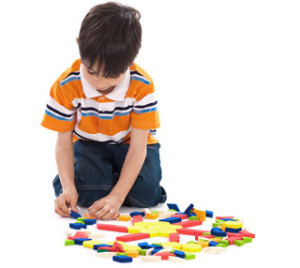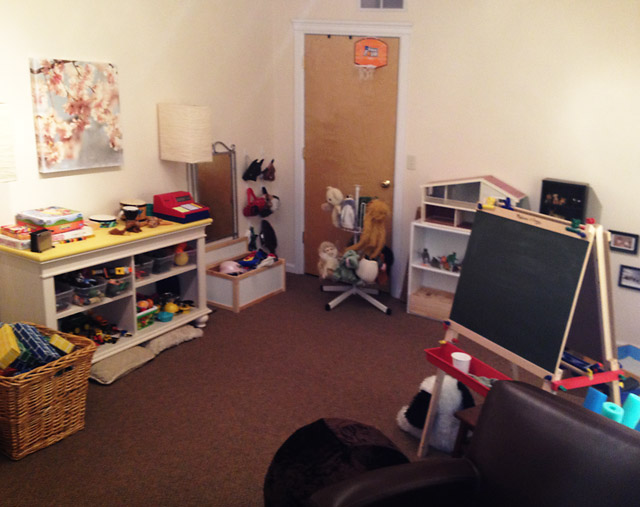“You discover more about a person in an hour of play than you do in a lifetime of conversation.” – Plato
What is play therapy?
 Play therapy builds on the natural way that children learn about themselves and their relationships in the world around them. Children often do not have the verbal abilities to express their feelings. In play therapy, toys are like the child’s words and play is the child’s language. Play therapy is a proven therapeutic modality that allows children to grow, learn, heal, and thrive.
Play therapy builds on the natural way that children learn about themselves and their relationships in the world around them. Children often do not have the verbal abilities to express their feelings. In play therapy, toys are like the child’s words and play is the child’s language. Play therapy is a proven therapeutic modality that allows children to grow, learn, heal, and thrive.
Why play therapy?
Therapists utilize play therapy to help children express what is troubling them when they do not have the verbal language to express their thoughts and feelings. Play therapy can promote cognitive development and provide insight about and resolution of inner conflicts. Play therapy, conducted by a trained play therapist, offers children the opportunity to process and assess appropriate coping skills, behaviors and world views. Even the most troubling problems can be confronted in play therapy and lasting resolutions can be discovered, rehearsed, mastered and adapted into lifelong strategies.
During play therapy
 KidLife uses an experiential/gestalt approach, a non-directive approach allowing the child to lead the session. The child chooses what s/he plays with or does not play with allowing the child to process whatever s/he is needing. The therapist trusts the child to know what is best for him/her.
KidLife uses an experiential/gestalt approach, a non-directive approach allowing the child to lead the session. The child chooses what s/he plays with or does not play with allowing the child to process whatever s/he is needing. The therapist trusts the child to know what is best for him/her.
How will play therapy benefit my child?
Research supports the effectiveness of play therapy with children experiencing a wide variety of social, emotional, behavioral, and learning problems, including: children whose problems are related to life stressors: such as divorce, death, relocation, hospitalization, chronic illness, assimilate stressful experiences, physical and sexual abuse, domestic violence, and natural disasters.
*Adopted from the Association for Play Therapy
 Play therapy can help children:
Play therapy can help children:
- Increase their self-esteem
- Increase their self-confidence
- Decrease unwanted behaviors
- Increase their focus and concentration
- Stabilize their sleeping patterns
- Decrease social anxieties
- Become more responsible for behaviors
- Develop more appropriate coping skills
- Decrease compulsive behaviors
- Acknowledge feelings and emotions
- Connect with one’s self
- Become more independent
- Have personal empowerment
